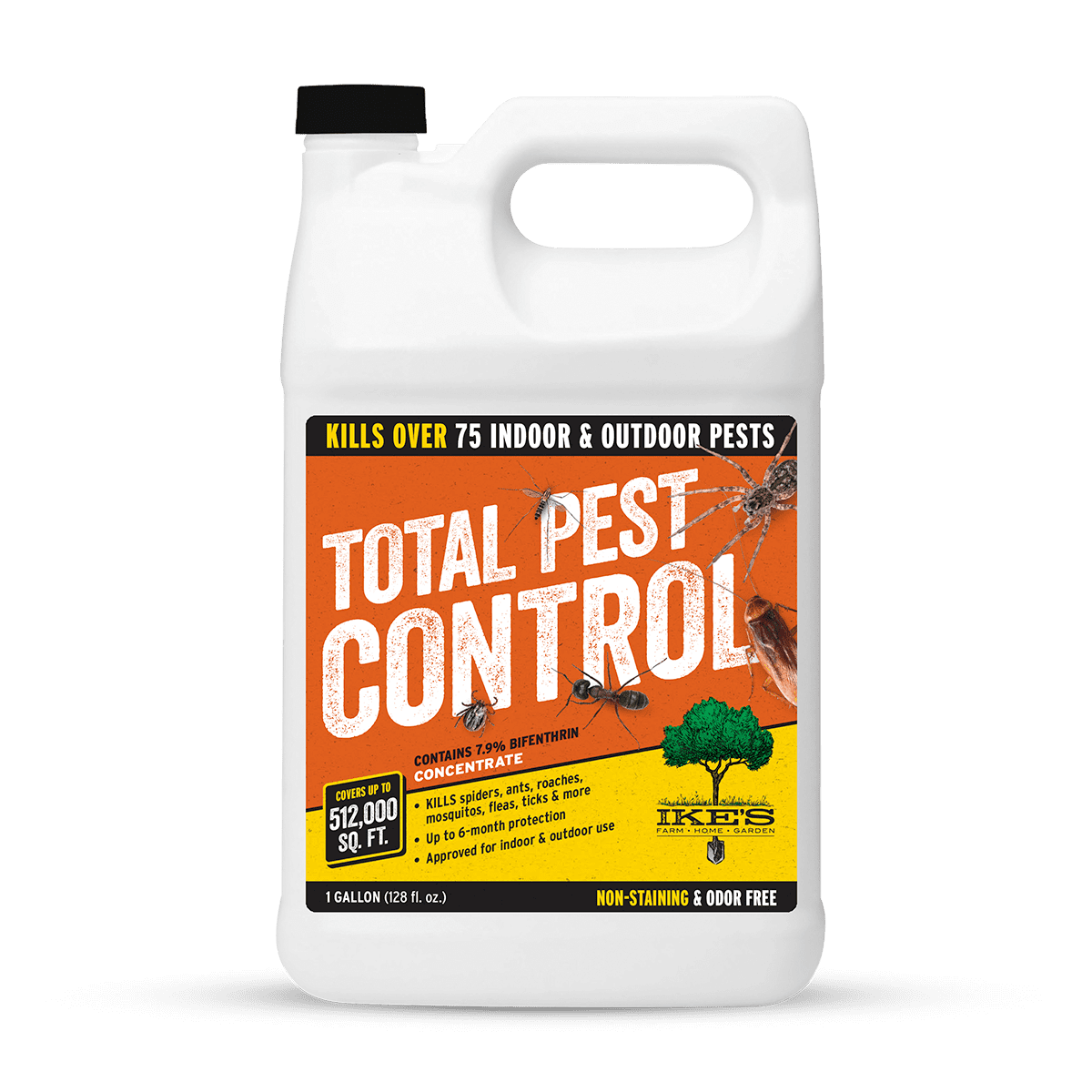Bed Pest Treatment Malfunction: Contrasting Chemical Vs. Non-Chemical Solutions
In the realm of parasite control, particularly when taking care of the persistent issue of bed pests, the choice in between chemical and non-chemical treatment options can be a pivotal one. Both strategies offer distinctive benefits and drawbacks, affecting variables such as effectiveness, security considerations, and overall expense. By checking out the nuanced information of each approach, a clearer understanding of which path to seek in addressing a bed insect problem can be acquired.
Effectiveness of Chemical Treatments
Chemical therapies for bed pest problems have been commonly acknowledged for their potent and quick effectiveness in removing these bugs. When considering the effectiveness of chemical therapies, it is essential to comprehend that they can offer a extensive and fast service to a bed bug problem.
Moreover, chemical therapies have the advantage of providing residual impacts, implying that they can proceed to get rid of bed insects even after the preliminary application. This residual activity is specifically valuable in combating any kind of potential re-infestations. In addition, the rapid action of chemical treatments can bring relief to people dealing with serious bed pest problems, enabling them to reclaim control of their home quickly.
Safety And Security Interest In Chemical Solutions
When making use of chemical remedies for bed bug therapy is guaranteeing the security of owners and the atmosphere,One important facet that requires careful consideration. While chemical treatments can be efficient in removing bed bugs, they may posture dangers if not taken care of effectively. One of the primary safety and security issues with chemical options is the possible damage they can cause to human health and wellness. Exposure to specific chemicals utilized in bed bug treatments can cause breathing concerns, skin inflammation, or various other adverse responses, particularly in people with pre-existing problems or level of sensitivities. Furthermore, inappropriate application or dosage of chemical pesticides can lead to hazardous residues lingering in the treated area, presenting lasting health and wellness risks to passengers.
Furthermore, the ecological impact of chemical solutions is one more substantial consideration. Some pesticides made use of in bed insect treatments might be hazardous to useful bugs, wild animals, and ecological communities if they seep right into the soil or water systems. It is vital to make use of chemical therapies sensibly, complying with security guidelines, and taking into consideration much less toxic alternatives to alleviate these dangers and ensure the risk-free and reliable management of bed pest problems.
Advantages of Non-Chemical Techniques
Considering the potential safety concerns and ecological effect associated with chemical remedies for bed bug therapy, discovering non-chemical techniques offers an appealing alternative with several distinctive advantages. Non-chemical methods offer a much safer alternative for households, particularly those with people, pet dogs, or children conscious rough chemicals. These techniques remove the dangers of direct exposure to poisonous materials, reducing the capacity for negative health impacts. In addition, non-chemical therapies are eco-friendly, as they do not add to air or water air pollution, making squirrel exterminator them a sustainable selection for pest control.
Additionally, non-chemical services can be effective in targeting bed bugs, including hard-to-reach locations where chemical treatments may not penetrate. Techniques such as warm treatment, vacuuming, heavy steam cleansing, and bed mattress coverings supply thorough eradication without making use of unsafe chemicals. Additionally, non-chemical approaches can be less disruptive, requiring very little preparation and permitting quicker reentry into treated areas. Overall, going with non-chemical bed bug treatment techniques not just focuses on safety and security and ecological defense but additionally makes sure extensive and reliable parasite control.
Limitations of Non-Chemical Treatments

In addition, non-chemical therapies usually require multiple applications to attain effective removal. This can be time-consuming and might not always guarantee full removal of all bed bugs and their eggs, especially in covert or hard-to-reach locations.
Moreover, the success of non-chemical therapies greatly counts on correct implementation and thoroughness, which can be challenging for people without specialist expertise. Inadequate application of non-chemical techniques may lead to incomplete elimination, leading to persistent infestations and the need for added treatments.
Consequently, while non-chemical treatments have their benefits, it is important to recognize these restrictions and consider them when determining one of the most efficient method for managing bed pest problems.
Expense Contrast: Chemical Vs. Non-Chemical Options
Provided the limitations linked with non-chemical treatments, an essential facet to evaluate in the context of bed bug management is the price comparison between chemical and non-chemical options. In contrast, non-chemical therapies like warm therapy or vapor can be a lot more costly, with expenses varying from $1,000 to $6,000 for an entire home. While the first cost of chemical treatments may seem lower, multiple treatments might be called for to completely remove the problem, potentially enhancing the total cost.
Verdict

Thinking about the prospective security problems and environmental influence linked with chemical options for bed insect therapy, exploring non-chemical techniques offers a promising alternative with numerous distinctive advantages.Offered the constraints linked with non-chemical therapies, a vital aspect to examine in the context of bed insect administration is the expense comparison between chemical and non-chemical alternatives. In contrast, non-chemical therapies like warmth navigate to these guys treatment or steam can be much more expensive, with expenses varying from $1,000 to $6,000 for a whole home. While the preliminary cost of chemical treatments might seem reduced, multiple treatments may be called for to fully eliminate the invasion, possibly enhancing the total cost.In final thought, when comparing chemical and non-chemical bed bug treatment options, it is important to take into consideration performance, security, benefits, restrictions, and cost.